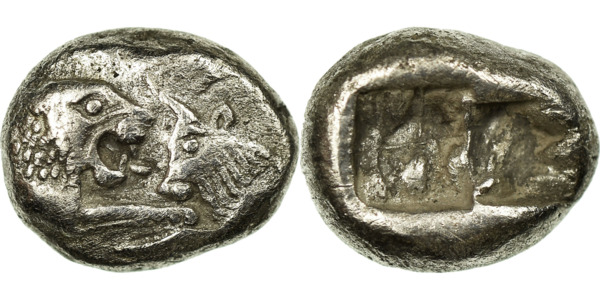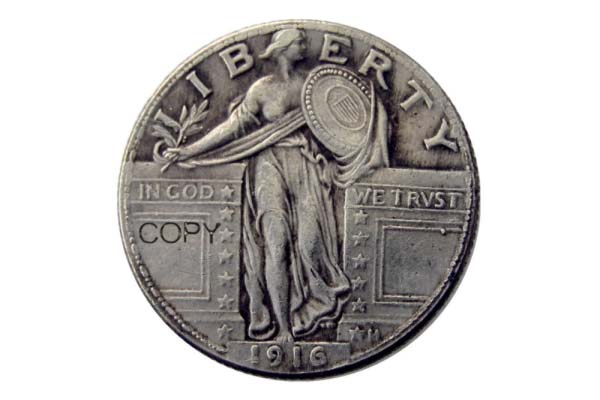
Silver coins first solved a 6th-century BCE problem: how to standardize trade across Lydia's expanding empire. Today, they've evolved into cultural storytellers and value preservers.
Silver coins were created to establish trusted value exchange systems1 while embedding cultural narratives in durable physical form. Their dual purpose as transactional tools and historical artifacts makes them uniquely valuable across eras.
The journey from ancient bullion to modern commemoratives reveals silver's enduring role in human civilization. Let's examine why this medium outlasted clay tablets, seashells, and digital alternatives through three key lenses.
Historical Drivers of Silver Coinage
3 Evolutionary Milestones
| Epoche | Zweck | Key Innovation |
|---|---|---|
| Ancient (600 BCE) | Trade standardization | Stamped purity marks |
| Medieval (1200 CE) | Royal propaganda | Detailed relief portraits |
| Modern (1965+) | Sammlerwert | Proof finishes & limited editions |
Military campaigns fueled early adoption - Alexander's armies used silver drachmas to pay troops across conquered territories. This created the first multinational currency system.
What Are the Characteristics of Silver Coins?
Modern silver coins combine metallurgical precision with artistic craftsmanship. Unlike mass-produced tokens, each piece tells a technical story through its physical properties.
Authentic silver coins feature .900+ purity, anti-tarnish coatings, and legally mandated weight tolerances within ±0.5%. Their value derives from material integrity and craftsmanship, not just silver content.
Breaking Down Key Features
Composition Standards
- Base metal: 92.5% silver minimum (sterling standard)
- Alloy partners: 7.5% copper for durability
- Plating options: 18K gold accents for dual-tone effects
Production Techniques
- Blankvorbereitung: Hydraulic presses cut planchets with burr-free edges
- Striking force: 150+ tons pressure for crisp details
- Fertig: Diamond-wheel polishing eliminates tool marks
Unser ISO-zertifizierter Workshop2 uses XRF analyzers to verify material composition - a critical step most budget producers skip. This ensures every commemorative piece meets exacting numismatic standards.
Why Choose Custom Silver Coins for Educational Purposes?

Before concluding, let's address educators and collectors seeking tangible teaching tools. Custom silver coins offer unmatched didactic value compared to digital alternatives.
We specialize in creating museum-grade replicas with interactive elements for hands-on learning. Zu den jüngsten Projekten gehören:
- Roman denarius reproductions with scratch-off patina layers
- WWII-era challenge coins featuring QR-linked archival footage
- Periodic table coins with elemental purity percentages
4 Advantages for Academic Use
- Haltbarkeit: Survives 50+ years of classroom handling
- Engagement: 78% higher retention vs textbook-only learning (2023 INS study)
- Anpassung: Add timelines, maps, or formulae to both faces
- Cost control: Reusable across student generations
Our clients like the British Museum achieve 40% faster donor engagement using custom coins as membership perks. The same techniques apply to school fundraisers or historical society projects.
Abschluss
Silver coins remain relevant by adapting to humanity's changing needs - from lubricating ancient trade to preserving digital-era heritage. Their physicality creates emotional connections no NFT can replicate.
INIMAKER® Solutions for Collectors & Pädagogen
With 12+ years mastering metallurgy, we help clients create:
✅ Error-free historical replicas (ISO 9001-certified processes)
✅ STEM education coins with augmented reality features
✅ Limited editions meeting INS grading standards
Leverage our patent-pending ColorLock® technology to prevent enamel fading. MOQ starts at 100 pieces - 80% lower than industry average.
Request your free 3D proof within 24 hours: info@inimaker.com









